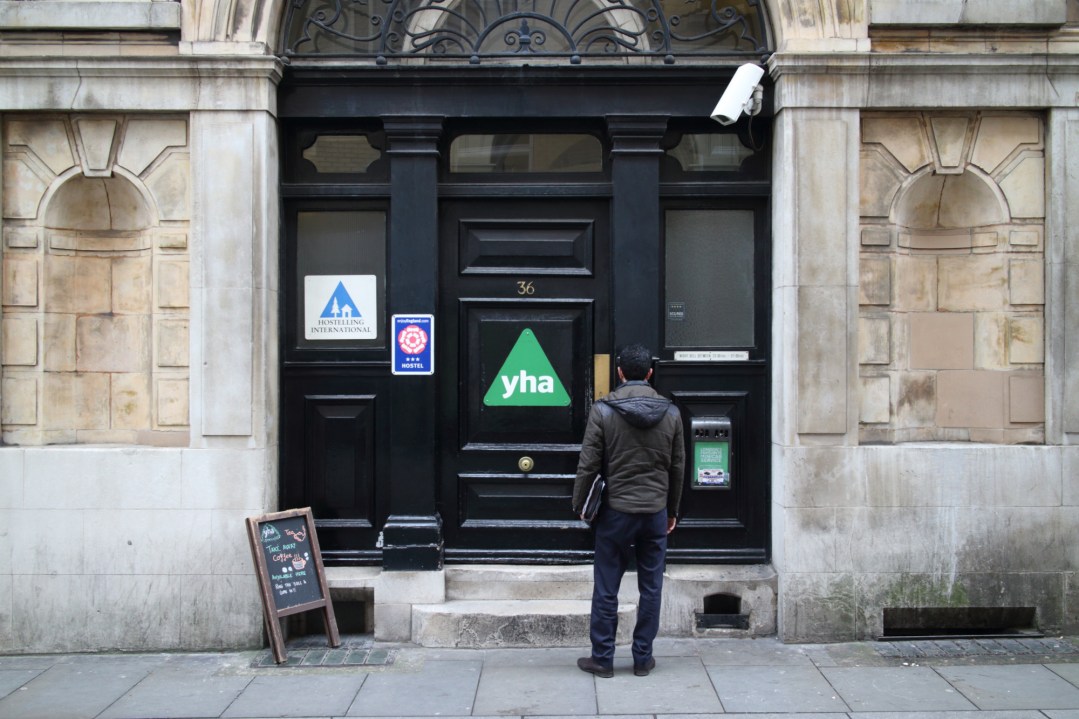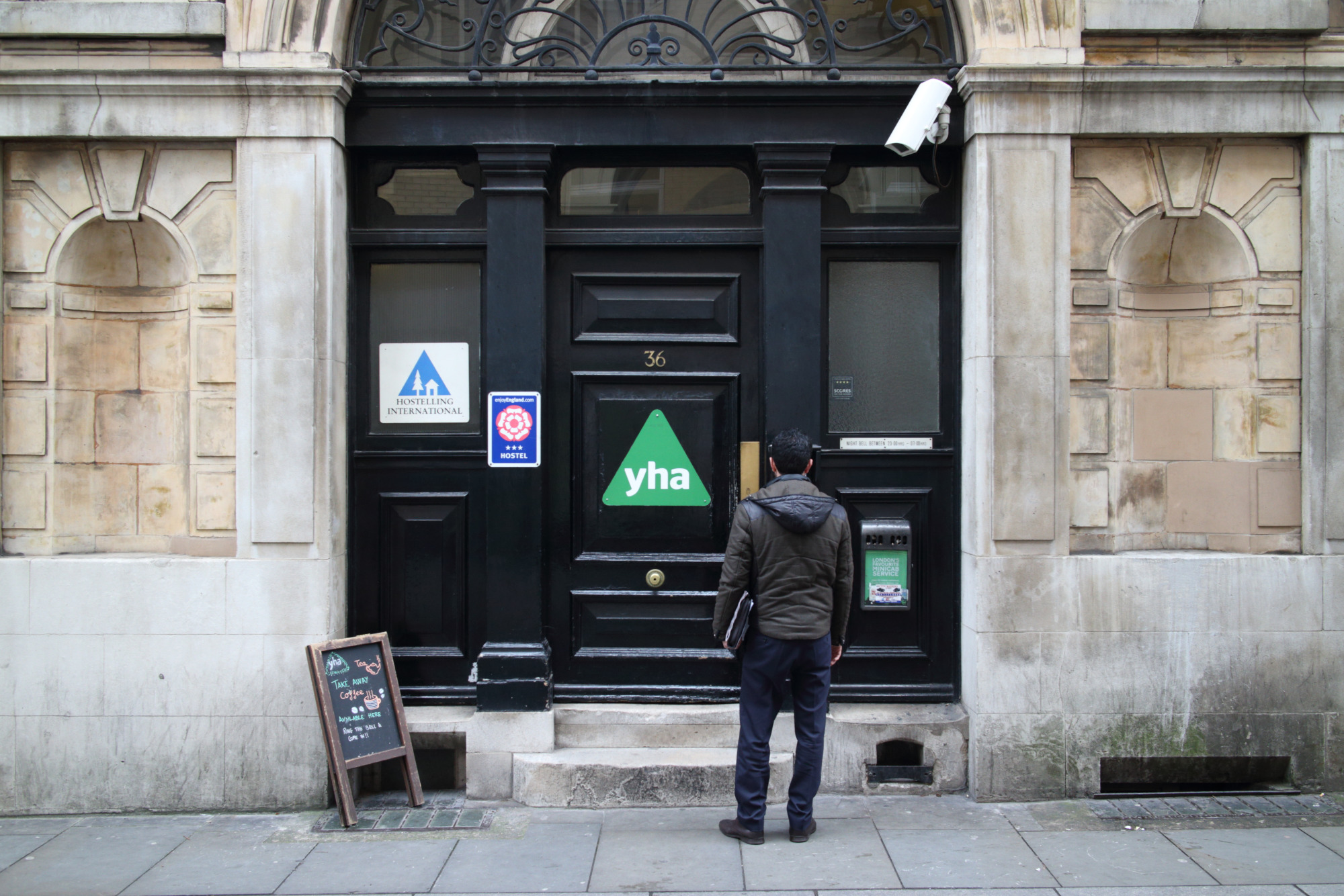On April 16, the Supreme Court ruled that the meaning of the terms ‘sex’, ‘man’ and ‘woman’ in the Equality Act refer to biology. More than three months later, you might think that the Youth Hostels Association (YHA) – an organisation that provides single sex dormitories in hostels across England and Wales – would have reviewed their policies to ensure that they were consistent with the law.
They need to review their arrangements for transgender guests as a matter of urgency
I did and, perhaps naively, I wondered if the ruling might actually work in my favour. I know I am not a woman and so I pay extra for a private room when checking into their hostels. Until April, that was my choice; now it seems that it would be unlawful for YHA to book me into dorm designated for women.
As a YHA member, I’m well aware of the organisation’s ‘pursuit of equity, diversity and inclusion’, and its commitment to welcome people of ‘all genders’ to their hostels. Perhaps, therefore, the days of paying more were behind me? So, ahead of a recent walking holiday along Hadrian’s Wall, I emailed YHA customer services to see if they would accommodate me in a private room at the (cheaper) dorm rate.
I was not looking for special favours, and I explained in my email that I would be quite happy sharing the room with another transwoman. I am also happy to sleep in a designated mixed-sex dorm but, unlike some other hostelling organisations, that option is not offered by the YHA. Nor, it seems, was legal nous. On July 16, YHA customer services told me that,
‘You are welcome to stay in our female dormitory, as you are a woman. We split our dorms by gender, and not sex, so our guests can stay in the room they assign themselves with.’
They added:
‘I also want to assure you, if you did have any issues while staying in our hostels, please talk to staff on reception and they will be able to help you. We do not tolerate discrimination, and pride ourselves on providing a safe, welcoming place to stay for all our guests.’
Which is a very laudable aim, but hardly achievable by allowing anyone to sleep in rooms they assign themselves. We can all tell the difference between men and women, and that shared instinct is not fooled by claims of so-called gender identity or the production of a gender recognition certificate. I replied, and quoted paragraphs 223 and 224 of the Supreme Court ruling that specifically addressed communal accommodation. According to the judges, ‘Here too it is plain that sex has its biological meaning.’
Alas, YHA has chosen to take advice from elsewhere. On 28 July, YHA Customer Service told me that:
If any guest does not want to stay in a dorm with any other guest, we offer private rooms… We consulted our solicitors while developing the policy to ensure that it was informed by and compliant with law. We consulted other organisations including the NSPCC, Scouts, Mermaids and Gendered Intelligence on different aspects of the policy. We have also taken advice from the Equality and Human Rights Commission. Our policy was considered and approved by our Board of Trustees… We sought legal advice from our solicitors following the Supreme Court ruling, which indicated that no changes to our policy were needed, pending the final updated Code of Practice for services, public functions and associations from the Equality and Human Rights Commission, which we now await.’
If the solicitors – or even the trustees of the association – had been following the case brought by nurse Sandie Peggie against NHS Fife and a transgender doctor, Beth Upton, the email didn’t mention it. That employment tribunal case where a female nurse objected to being required to share a changing room with a transgender doctor is surely pertinent to dormitory accommodation offered by YHA.
A judgment in the Peggie case is not expected for months, but NHS Fife’s legal bill has already topped £220,000. YHA does not need to wait for the outcome, or that updated code of practice from the EHRC. The Supreme Court has already ruled on the law. A responsible senior management might have already responded and protected the rights of all the users of youth hostels.
Where separate accommodation offered to men and women, the criteria must be sex, not some self-defined gender. Otherwise, the association risks legal action if a female guest objects to sharing a room with a transwoman whom she perceives to be a man. Meanwhile transwomen who do want to stay within the law (and within YHA policy) are required to pay extra for the privilege. That could be direct discrimination on the grounds of gender reassignment. I will leave that possibility for YHA to mull over.
As it was, I thoroughly enjoyed my stay at the hostel last week. It was a welcome respite from my tent. The local staff were excellent and, as always in my experience, the camaraderie between guests is so much better than in hotels. We commended each other on our wise planning – or rather good fortune – when Storm Floris lashed against the windows on Monday morning. Yes, I paid extra – but I respect the rights of the other sex, and I do not want the organisation to be facing the prospect of significant legal bills to try and defend the indefensible.
In a further communication, YHA said:
‘As a provider of guest accommodation, YHA has always followed legal and statutory obligations as advised by our solicitors and the Equality and Human Rights Commission (EHRC)… We will review the [forthcoming EHRC Code of Practice] to identify whether it necessitates any updates to our policies, as we always do with changes or updates to law and guidance.’
Ultimately, however, we all know the difference between men and women. The YHA trustees are responsible for policy, and they should review their arrangements for transgender guests as a matter of urgency. They can start by paying rather more attention to the highest court in the land than to the likes of Mermaids and Gendered Intelligence.









Comments